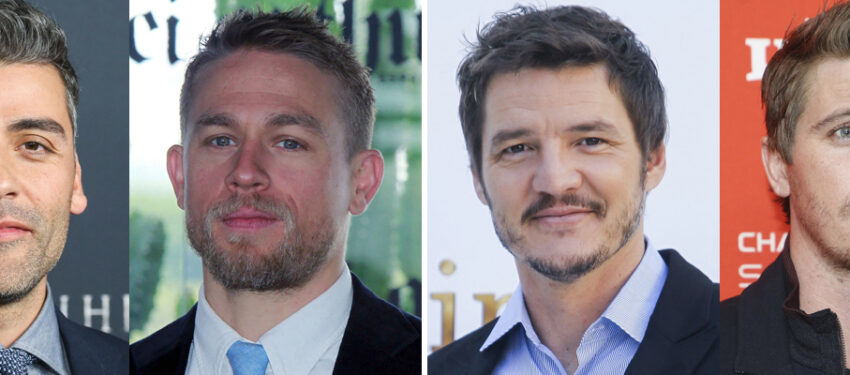You can dance around it, or you can be Charlie Hunnam and just come out and say it: His King Arthur movie this spring was not a win.
Hunnam doesn’t read reviews, but “I couldn’t be in the center of that thing and not be aware it was going horribly wrong,” the star says Friday, a day after debuting his new film, Papillon, at the Toronto International Film Festival.
Today he’s tucked into a corner of the Ritz-Carlton hotel, cap on, black bomber jacket zipped up to the neck. The candid 37-year-old says when it came to selling the Guy Ritchie film, “I was going to be a pro, and I was grateful for it and liked everyone that was involved. But I had some pretty big reservations about the end result. It didn’t reflect the movie that I thought we were making.”
The $175 million King Arthur carried hopes of becoming a franchise-starter, but stopped cold after earning a tepid $39 million at the box office.
After the dust settled, “I had a week when I wasn’t feeling very happy,” he admits. “I had allowed myself to get seduced by the scope of it and the potential upside of that financial scope for what I could then parlay into creatively (producing and writing). That was the bummer for me.”
Now Hunnam is back on his feet in Toronto with Papillon, a remake of the 1973 film which starred Steve McQueen and Dustin Hoffman. Hunnam lost over 40 pounds to take on McQueen’s role of a thief shipped off from France for a life sentence in a primitive prison camp in colonial French Guiana.
At the festival, Variety noted Papillon’s “somewhat self-conscious gravity has aged well.” Though less enthused, The Hollywood Reporter said Hunnam and co-star Rami Malek “prove to be an entertaining duo” playing begrudging inmates who begrudgingly bond behind bars.
The Brit, who ate next to nothing for Lost City of Z prior to shooting Papillon, put himself into solitary confinement for eight days during the shooting without food or water. (The real Henri Charriere, the real-life subject of the tale, was in solitary confinement in the South American camp for two years.)
Hunnam hopes the historical tale of inhumane treatment opens dialogue about the state of the current American prison system.
Inside the modern prison system, “it is exactly the same, really, in conditions and everything,” he says. “I’ve spent a lot of time visiting prisons in the U.S. and it is shocking.”
What will Hunnam do next? Three weeks ago, his Netflix film Triple Frontier fell apart after Ben Affleck pulled out to focus on his wellness and family, followed by other contenders including Mark Wahlberg, Mahershala Ali and Chadwick Boseman. So he’s taking six months off.
“I’m going to hang with my girl, I’m going to write the two screenplays I want to write,” says Hunnam. “I’m going to do some therapy, think a lot about the future and just recalibrate.”
Right now, he’s writing madly, “six days a week, usually 15 hours a day,” he says. “I write like it’s my obsession and I’m so happy.”
The former Sons of Anarchy star might even forgo acting in the future.
“I don’t know if I feel like I’ve got the chops to get to the destination of putting in Daniel Day-Lewis-caliber performances. Maybe. Maybe not,” says Hunnam. “But I’m certainly a long way from it. And I don’t enjoy the process. I (expletive) love writing. Maybe I’ll just become a writer-producer. I’m really, really seriously considering that.”
Source: usatoday.com


